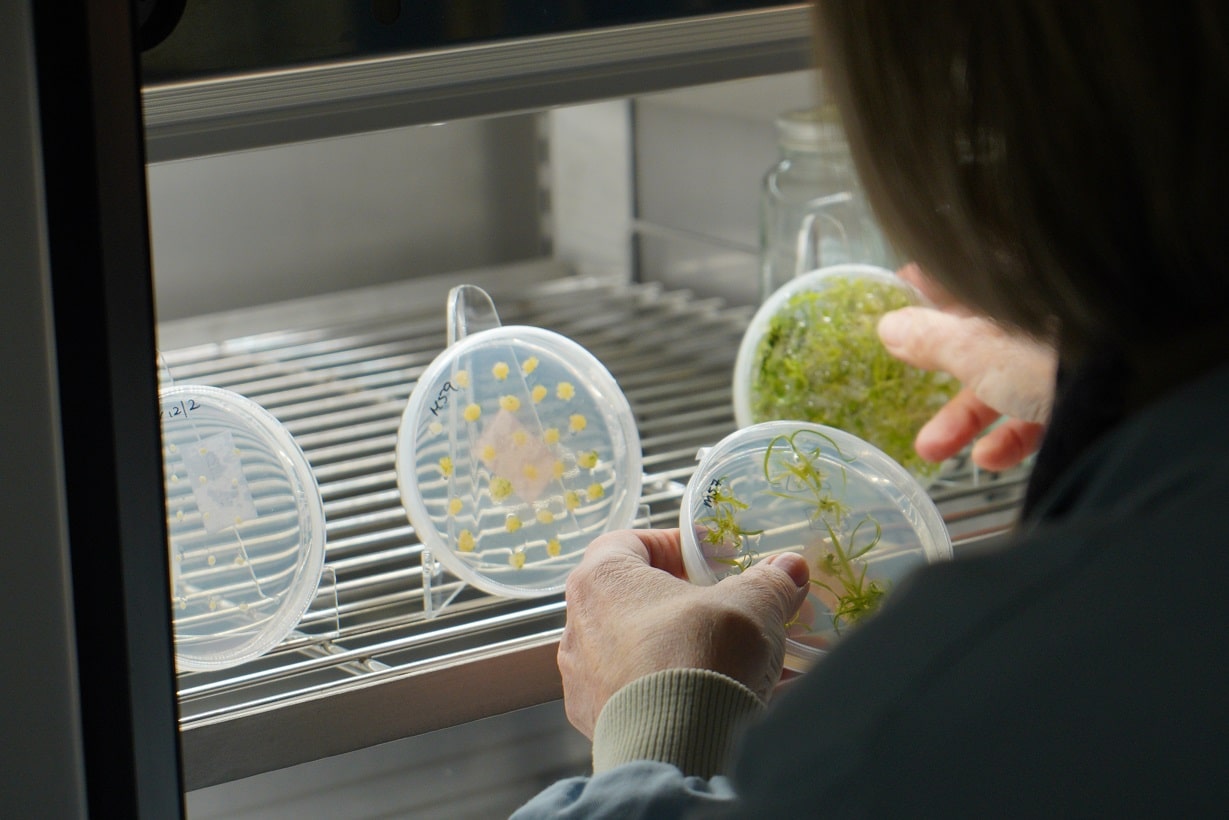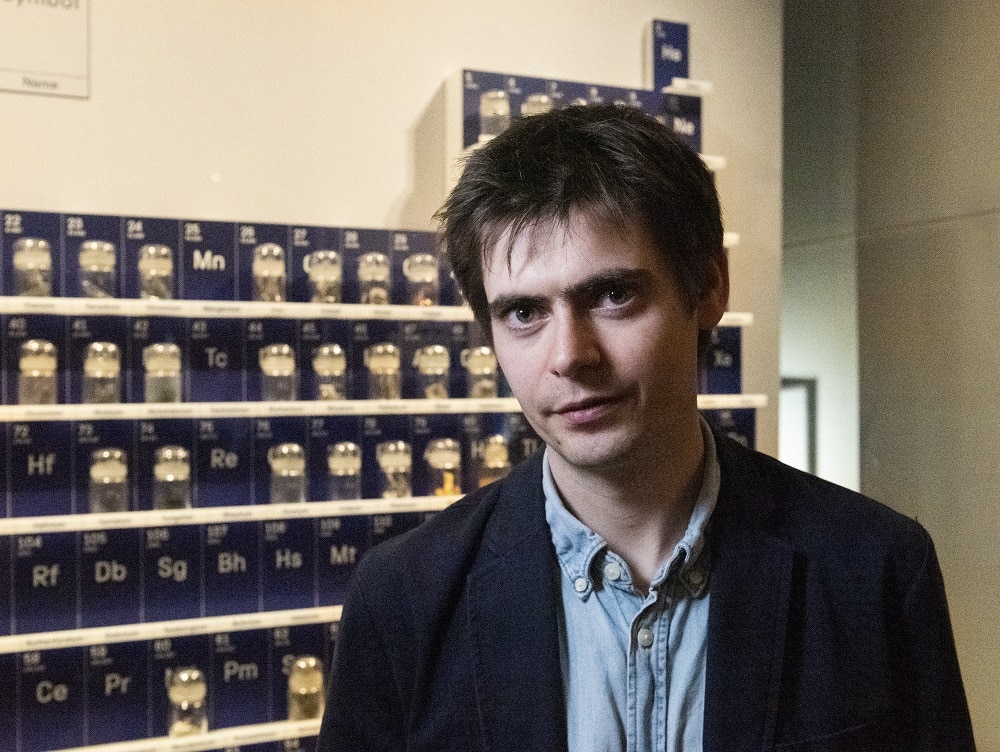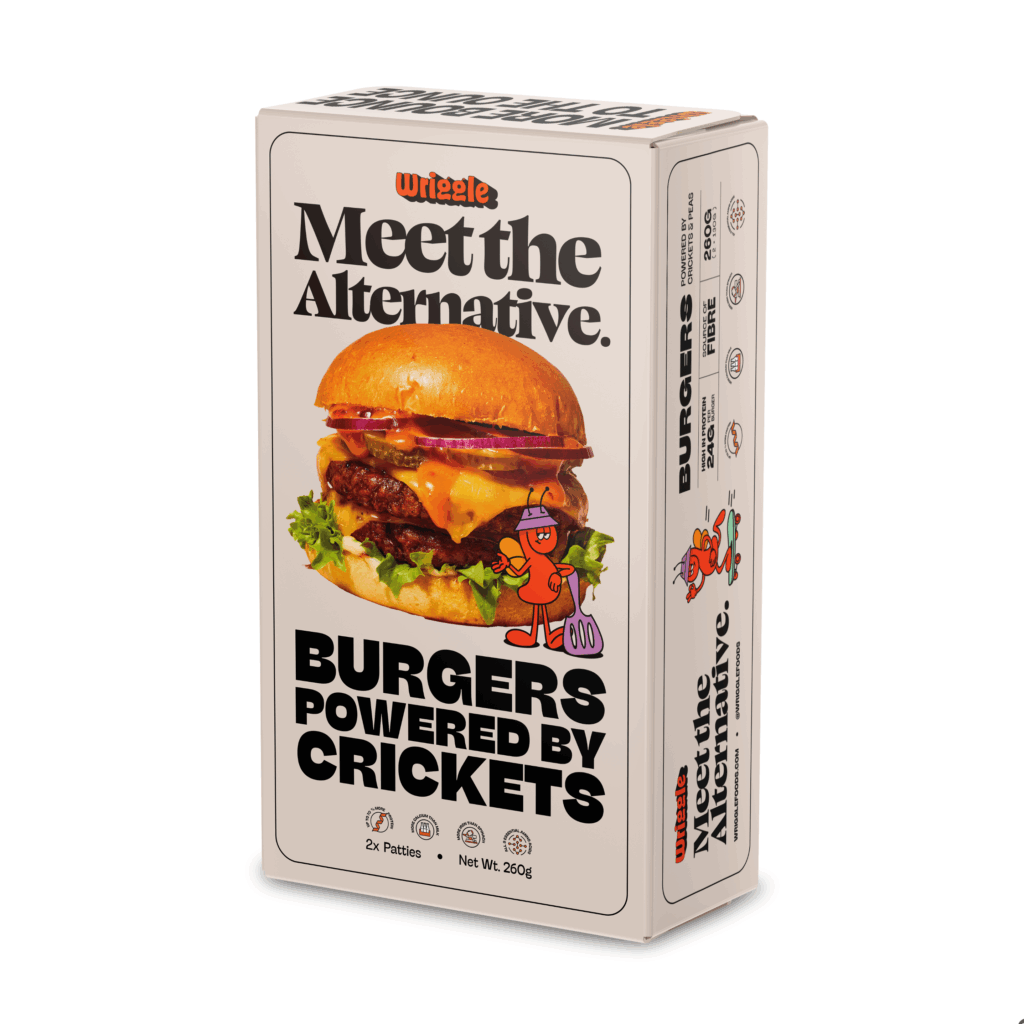In Conversation with…Rupert Cole, Curator of the Science Museum’s Upcoming Exhibition ‘Future of Food’
June 2025

Rupert Cole describes himself as a late bloomer in his path into the world of science: “At college I studied humanities subjects like film studies and English literature. However, growing up in Bristol, my father was an antiques dealer while my mother was a buyer for a furniture store, so perhaps my interest in museum objects stemmed from there.”

Rupert became interested in science as an undergraduate at the University of Exeter: “My dissertation was focused on Irish Modernism, but I was able to explore my interest in the history of science within my degree.” He then pursued a master’s course jointly at Imperial College and University College London on the History of Science, Technology and Medicine. “I developed a research interest in science in popular culture and the history of its public engagement. Communication is vital for any area of science going from its knowledge production to being shared with scientific communities and publics. It was a spark for me; that science and storytelling are intertwined.”
After his Master’s Rupert was delighted to secure some work experience at the Science Museum “I started out doing front of house and gallery facilitation. I also had a fantastic opportunity to volunteer for an exciting exhibition, Collider, in 2013, which gave me a taste of curatorial work, and I was hooked from there on.” After completing his PhD in 2017, Rupert returned to the Science Museum and joined the curatorial department working on various projects across collections, exhibitions, and galleries: “I work with so many brilliant people. Everyone is supportive; it’s a collaborative collegiate environment. The curatorial team at the Science Museum in South Kensington is about 30 people with a wide range of expertise and experience. My remit is chemistry and materials science, though we’re encouraged to be generalists and work across the team and collection subjects.”
Like many exhibitions at the museum, the planning for the Future of Food exhibition started a while back: “I have previously curated on environmental topics like carbon capture so this upcoming exhibition taking the environmental lens on food is a continuation of those interests. The museum had an agriculture gallery open from 1951 to 2017, so when that closed there was an ambition to do a show on food and agriculture. Future of Food will focus on the relationship of food production and consumption with the climate and nature crises. It began initially as a smaller contemporary science exhibition, before growing into something bigger, taking a more narrative and historical approach to the topic, allowing audiences to understand how the environmental problems of food systems came to be, then introducing them to possible ecological and biotechnological pathways for a new sustainable future.”

Rupert has a few favourite items in the show; one of which is a pressure cooker which has been modified to grow chicken meat from cells, a project led by an entrepreneur called Yuki Hanyu in Japan, who told Rupert: “It tastes just like KFC, but without the spice!”
He highlights the challenges of curating an exhibition on such a complex and global topic: “We didn’t want this to be a gimmicky show where we platform flashy new food trends for the sake of it. Instead, we want to highlight what we believe will be the transformative developments in food production on a global scale over the next decades. One of our key principles is that we aren’t presenting things as silver bullets or telling people what they should eat; we want to give our audiences the tools to make up their own mind about what the future looks like.”
Rupert notes the importance of science and exhibition funding: “I think philanthropy plays a key role in the communication of science. It also allows us to curate exhibitions on vital topics like food.”
HFF is supporting Future of Food with a grant of £200,000.
The free exhibition, Future of Food, will open at the Science Museum on 24 July 2025.